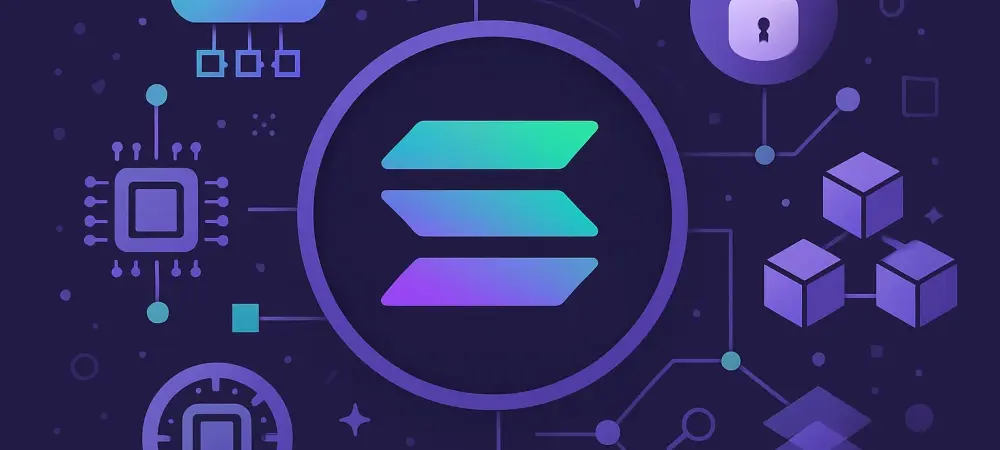In the rapidly evolving world of blockchain technology, scalability has been a persistent challenge, with many networks grappling with bottlenecks affecting their transparency and security promises. Now, Solana stands poised to redefine blockchain scaling. By introducing innovative network extensions, Solana addresses this pressing issue, offering developers unprecedented control and efficiency without the drawbacks traditionally associated with similar approaches. As the blockchain industry navigates these changes, understanding how Solana’s strategy could revolutionize decentralized application development is crucial for future growth.
Contextual Shifts in Blockchain Scaling Dynamics
Blockchain’s potential to enhance security and transparency has captured global attention, yet its scalability remains a critical hurdle. Networks like Ethereum have pioneered solutions like roll-ups but face challenges with liquidity fragmentation. Solana emerges as a beacon of advancement, with a strategic introduction of network extensions that promise to maintain unity and composability. This analysis examines Solana’s method as a pivotal movement away from conventional paths and toward a more integrated blockchain future.
Detailed Examination of Emerging Trends and Projections
The blockchain industry is witnessing a paradigm shift, with Solana’s network extensions offering a fresh perspective on scalability. These extensions are designed to create bespoke execution environments without compromising the main chain’s liquidity and composability, presenting a unified infrastructural platform. This development dramatically enhances real-world applications in sectors such as gaming and decentralized finance (DeFi), where high performance and efficiency are paramount. Challenges such as security and developer adoption, however, must be carefully navigated to ensure successful implementation. Solana’s approach boldly breaks away from Ethereum’s reliance on roll-ups to offload computation. Instead, it introduces a unified platform that allows tailored execution environments, significantly reducing operational complexities for developers. This strategy is not without risk; complexities in zk-proofs and aligning with Solana’s framework must be managed to harness the full benefits of these network extensions.
From regional implications to sector-specific adaptations, Solana strategically positions itself to meet diverse market demands. Tailored solutions showcase its ability to break away from preconceptions about blockchain’s rigidity. By accommodating unique execution environments for different industries, Solana marks a departure from the monolithic understanding of blockchain structures, signaling a new era of sector-specific customization.
Implications and Strategic Recommendations
Reflecting on Solana’s advancements, several implications for the blockchain industry are evident. Network extensions underscore a shift toward modularity and customization in blockchain architecture, marking a departure from pure transaction capacity scaling. This progression prompts a forecast of broader adoption of modular structures within the industry, carrying potential regulatory and economic impacts.
For businesses and developers, Solana’s strategy illustrates the importance of maintaining liquidity while fostering innovation within a unified network. Adopting these approaches could lead to sustainable growth and significant technological advancement. As blockchain technology evolves, stakeholders should consider these best practices to effectively navigate a complex technological landscape.
Future Considerations for Sustained Growth
In retrospect, Solana’s pioneering steps in blockchain scaling highlight a transformative path toward specialization and customization. This move away from conventional methods reflects an industry trend where supports for diverse applications are prioritized, maximizing adaptability and utility. As blockchain networks progress, the potential consequences of this evolution signal a dynamic future filled with opportunities to enhance technology across a multitude of sectors. By embracing Solana’s innovative strategies, industry leaders and developers can foster an environment ripe for blockchain-driven innovations. The journey ahead calls for a committed focus on leveraging these advancements to drive the next wave of technological disruption, paving the way for comprehensive solutions to complex scalability challenges encountered in today’s fast-paced digital world.

